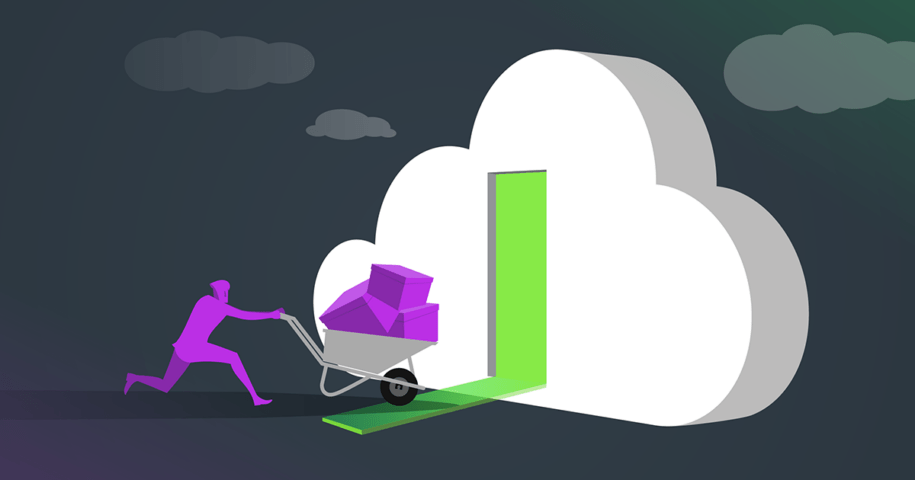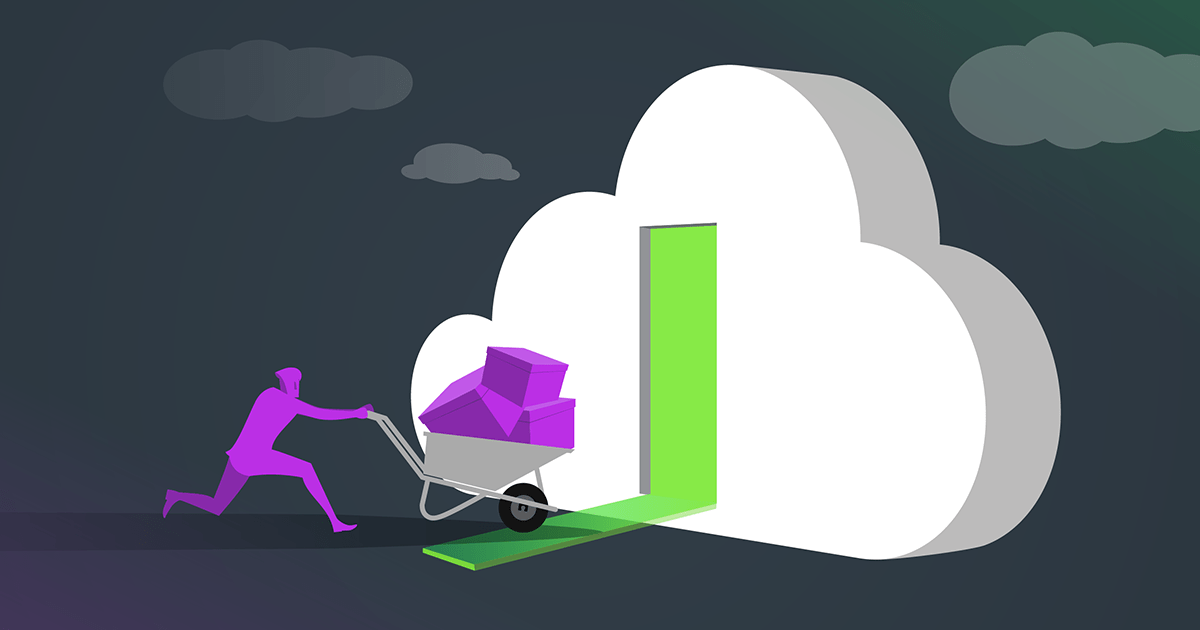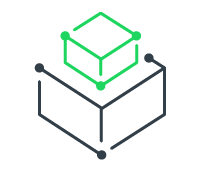In this episode of Revenera’s TechTalk, Kendra Morton and Rob Neff discuss Revenera’s Cloud License Server (CLS) and its benefits, with a focus on InstallShield, Revenera’s software installation solution. They explain the two different license models for InstallShield and highlight the advantages of the concurrent license model. Rob then explains how the Cloud License Server provides a native DevOps extension for Microsoft Azure, allowing users to build projects in a DevOps pipeline. They discuss the target audience for the Cloud License Server option, which includes independent software vendors, companies with virtual development environments, and any software producer looking to leverage the cloud for cost savings and scalability.
Kendra Morton (00:00:06) – Hello, I’m Kendra Morton, product marketing manager at Revenera. Welcome to an episode of Revenera’ Tech Talk, where we discuss all things related to software installation. Today our topic is Revenera’s Cloud License Server or CLS. We’ll tell you a little bit about our InstallShield solution and the differences between our license types with a focus on CLS. What is it? What are the benefits to users? Those kinds of things. Joining me for today’s discussion is Rob Neff. Rob is the director of Inside Sales at Revenera with a focus on software installation solutions. Rob, thank you so much for taking the time to discuss with us today.
Rob Neff (00:00:45) – Yeah, happy to do so. Thank you, Kendra.
Kendra Morton (00:00:46) – Yeah, absolutely. So, Rob, before we talk about our cloud license server, I think we have to first tell our listeners what InstallShield is, so they have a reference for when we get into the details. So can you maybe provide a quick overview of InstallShield?
Rob Neff (00:01:05) – Yeah, absolutely. So InstallShield is primarily used for installing software to Microsoft Windows desktop and server platforms, but it also can support a variety of handheld and mobile devices.
Kendra Morton (00:01:17) – Okay. Very good. So. Next then, how is it licensed? How do we license our InstallShield solution?
Rob Neff (00:01:25) – Great question. We have two different license models. One is the very familiar and traditional node lock model, your single user single machine kind of situation. And then the other model is a much more flexible model, which is called a concurrent license model. Other organizations may refer to this as a floating or site license type model.
Kendra Morton (00:01:47) – Okay. So, when it comes to Revenera’s cloud license server, right? What are the benefits of that? What are the benefits from using CLS, for example?
Rob Neff (00:02:01) – Absolutely. Let me take a quick step back and a little further detail on the concurrent license. Really, what it does is it allows the sharing of InstallShield licenses between multiple users. And this provides a lot of additional flexibility and cost efficiency, but it also supports an unlimited total user pool. So, the only limit is determined by each customer and their unique environment and the needs they have.
So, maybe you have a need for a five-user concurrent license. Another company may need 25. It’s very customized and individualized, but we also offer two different versions. One is a local license server, but the other is this new product we’ve created, which is a cloud license server. And what this does is provides a Native DevOps extension for Microsoft Azure so that you can build your projects in a DevOps pipeline.
Kendra Morton (00:02:55) – Okay, very good. And I think that’s why it’s very important to understand what the difference between those two licenses is relative to InstallShield. So then, you know, for our users out there. Either existing customers or potential new InstallShield customers, right? Who benefits from using the cloud license server?
Rob Neff (00:03:21) – That’s a great question. Such a wide variety. Typically, we see it’s independent software vendors that are creating software applications. It could also be, you know, companies that have a virtual development environment, whether that be a static or a dynamic team or really any software producer that’s looking to monetize their solutions and offering more flexible models to their customers.
Currently, though, we’re seeing a lot of customers moving to the cloud. What does that mean? Mostly in the InstallShield world, it’s leveraging DevOps in the cloud with either Azure, AWS or even Google’s solution. So, if you’re moving a data center or if you’re just simply trying to save on hardware costs by leveraging virtual machines, those are typically some of the key takeaways for this license model.
Kendra Morton (00:04:14) – Very good. So, is there a use case or maybe is there anyone who’s not a good candidate for CLS to your thinking?
Rob Neff (00:04:24) – Yeah. I mean, so right off the bat, if you aren’t really doing some advanced installation development where you need to be able to do builds, maybe multiple builds for multiple products at the same time, you’re likely not going to find a value in the cloud license server if you’re not going to leverage the Microsoft hosted build agents and would be leveraging private agents than our node lock model does provide that base level support.
Kendra Morton (00:04:53) – Rob, what about total cost of ownership when it comes to the development environment? Who bears the brunt of that?
Rob Neff (00:05:02) – So with the cloud license server Revenera is going to go ahead and host the license server itself. So, any of the costs associated with that, along with the maintenance and ensuring that we’ve always got the most current version and security concerns are addressed. We take all of that on our shoulders. Another thing to bear in mind is with a cloud license server, you can reduce the costs associated to physical hardware, and some of these development machines can be pretty expensive, whether that’s a full-time desktop or even a full-blown server. So, leveraging the virtual technologies available in the in the market allow you to not have to have maintenance on physical machines and maintaining those to make sure they’re always current and up to date. Spinning up a VM on demand doing the needful, blowing away that image, makes things much more efficient and effective when it comes to creating the installers.
Kendra Morton (00:05:57) – So that’s really another huge benefit, right?
Rob Neff (00:06:00) – Yeah, absolutely. A lot of companies are being tasked with tightening their budgets or controlling their costs. And this is just one quick and easy way to get a handle on that.
Kendra Morton (00:06:13) – Again. So relative to using InstallShield in our cloud license server, do you think there are some very basic key takeaways that our audience that’s listening here today needs to know, needs to understand?
Rob Neff (00:06:30) – Yeah. I would say the biggest is the, the, the change from a single named user like my full-time job and responsibility is to create installation packages. Those days have kind of gone away and we’re seeing a lot more Scrum teams or organizations that are looking to leverage agile development. So, with a concurrent license that really provides you with that ultimate flexibility on the number of users that you have that can access the InstallShield license or building the projects themselves at the same time. Another good, good, you know, a takeaway would be is if you’re starting to think about moving to the cloud or trying to figure out and planning that transition. The good news is that InstallShield has a solution for you. Once you make that transition or make that move. Whether you want to take it one step at a time and leverage private agents that you’re hosting, or if you’re ready to go full, you know, all in on the deep end with a Microsoft hosted solution their build agents, then we can cover you. Whether it’s from soup to nuts. We got that covered.
Kendra Morton (00:07:34) – That’s fantastic. Rob, thank you. Think there’s probably going to be more to talk about and I hope you and I get a chance to do that again real soon. So, thank you for joining me today.
Rob Neff (00:07:43) – No, absolutely. I look forward to that and appreciate you taking the time.
Kendra Morton (00:07:46) – Yeah, Thank you. So, to our audience, we look forward to catching you on an upcoming episode of TechTalk. If you’re looking for more information on our suite of software installation solutions or more about cloud license server, check out revenera.com/install and we hope you have a great day.




